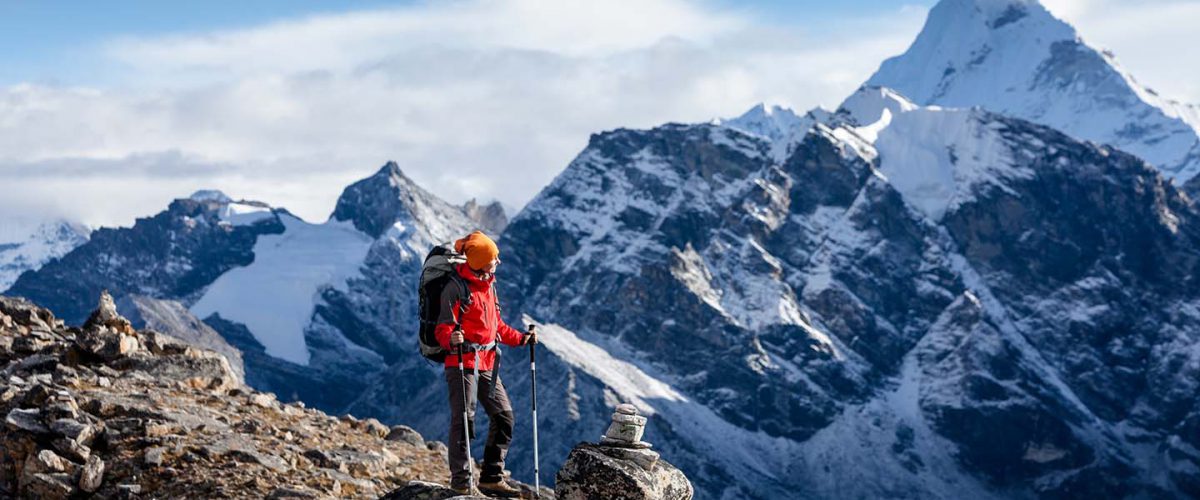Travelling through Nepal, especially trekking through the mountains, is something that many Australians plan to do during their lifetime. Nepal boasts 8 out of the 10 highest peaks in the world, and is also the fastest growing destination for Australian travellers according to data from the Australian Bureau of Statistics for 2012-2013. There are of course plenty of reasons to want to go to Nepal, but there are also reasons to exercise caution when it comes to your health while travelling through the breath-taking scenery.
What vaccines are recommended for travel to Nepal?
There are a number of vaccine preventable diseases which you might be exposed to during your time in Nepal, so if you are planning a trip to the region, or a mountain climbing expedition, it is highly recommended to speak to a Travel Vaccination Clinic doctor and to have any recommended vaccinations in the lead up to your trip. This also includes making sure you are upto date with the childhood immunisation schedule and possibly getting additional vaccines.
Typhoid and Hepatitis A risk in Nepal
During your time in Nepal, you may be at risk of contracting typhoid or hepatitis A from contaminated food or water. Both of these are vaccine preventable conditions, with a single shot available to protect you against both for a number of years.
Typhoid is also called typhoid fever and can present with flu like symptoms that are hard to diagnose immediately. Hepatitis A is a liver condition passed on through food or water that contains bacteria from the feces of someone with hepatitis A.
To best protect yourself against both of these conditions, and other food and water-borne illnesses such as malaria or dengue fever, you should be diligent about proper hand washing and hygiene practice while travelling through Nepal, and avoid tap water or make sure it has been boiled if you must drink it. Eating raw, unpeeled fruits and vegetables is also not advised. Malaria is a risk in Nepal’s Terai and Hill districts and Chitwan National Park.
Hepatitis B risk in Nepal
Hepatitis B is one of the most common vaccine preventable diseases and it affects the liver. Hepatitis B can be passed on through contact of bodily fluids. That means if you are intending to get a tattoo or piercing, may have contact with needles in any way or may enter a new sexual relationship while in Nepal you should seriously consider the hepatitis B vaccine. For further information on hepatitis B, read the hepatitis B page and speak to the doctor about the vaccine and whether you need it.
Vaccination advice for long-term travel or adventure travel
Some vaccines are only recommended for travellers who will be staying a longer period in Nepal, or participating in certain activities. Even if you think you know what vaccines you need before travelling, it is important to tell the doctor about all of your travel plans to establish which vaccines are necessary and what any risks might be. You should also discuss your general health and history and the purpose of your visit with the doctor to get the best advise tailored to you and your needs. Make an appointment to speak to a doctor, or call the Travel Vaccination Clinic on (02) 8257 3385
Japanese Encephalitis:
During certain times of the year, and depending how long you are going to spend in Nepal, you may also need the Japanese Encephalitis vaccine. This could be the case if you are visiting more rural or remote areas, and may depend on the rest of your travel plans too, but the Travel Vaccination Clinic doctor can advise you whether you need this vaccine and if needed can provide it
Rabies:
If you will be in Nepal for one month or longer, or are going to be doing outdoor activities such as hiking, camping, biking or other adventure travel, you may be advised to get the rabies vaccine before travelling to Nepal. This is because bats, rats, dogs and other mammals may carry rabies in Nepal. For more information on the rabies vaccine, speak to the Travel Vaccination Clinic doctor about your travel plans and consult the rabies vaccine page before your appointment.
Yellow Fever:
There is no risk of yellow fever in Nepal, but the government may require proof of vaccination if you are arriving from an area where there is a risk of yellow fever. You can read more about yellow fever and the places in the world where it may be present on the yellow fever page.
Other health risks in Nepal – Altitude Sickness
Because of the large areas of Nepal that are above 2500m in altitude, any person travelling in Nepal can experience altitude sickness if they are visiting those areas. Even physically fit people can suffer from altitude sickness, and you should speak to the doctor about whether you may be at risk, how to understand when someone is affected and what to do about it (usually moving more slowly, taking additional oxygen and possibly seeking medical attention).

